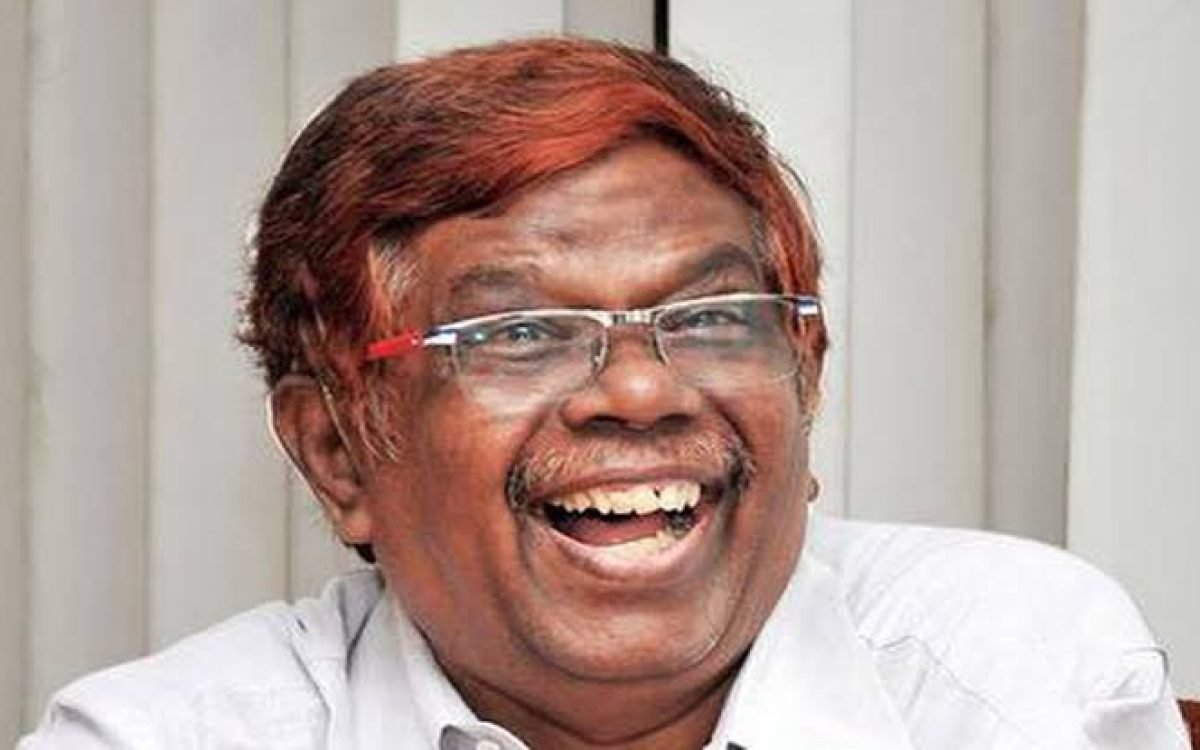Former Madras High Court judge K. Chandru has voiced surprise and concern over recent media reports heralding V. Sripathy as the “first Scheduled Tribe woman” in Tamil Nadu to clear the civil judge examination. In a clarifying statement, Mr. Chandru underscores the historical presence of Scheduled Tribe (ST) candidates within Tamil Nadu’s judiciary and emphasizes the pressing need for enhanced representation.
Dispelling the notion of Ms. Sripathy’s achievement as unprecedented, Mr. Chandru highlights the long-standing contributions of numerous ST candidates who have successfully navigated civil judge examinations in the state. He draws attention to individuals like S. Alli, the senior-most Principal District and Sessions Judge, who herself hails from a Scheduled Tribe background, showcasing the existing diversity within the judiciary.
Offering statistical insight, Mr. Chandru reveals that 10 ST candidates currently hold positions across various tiers of the district judiciary in Tamil Nadu. Despite this representation, he underscores the disparity between the actual number of ST judges and the potential afforded by the 1% reservation quota. According to him, there should ideally be approximately 15 district judges from Scheduled Tribes, highlighting the need for greater inclusivity.
Advocating for broader representation, Mr. Chandru emphasizes the importance of ensuring diversity not only in lower judicial ranks but also in higher echelons of the judiciary. He cites the recognition of this imperative by the Supreme Court collegium, which has underscored the significance of diversity in judicial appointments.
By championing the cause of increased representation, Mr. Chandru calls for concerted efforts to address the underrepresentation of marginalized communities like Scheduled Tribes within the judiciary. Embracing diversity and inclusivity, he contends, is essential for upholding the principles of fairness, impartiality, and justice within the legal system.
As the judiciary navigates the path towards greater inclusivity, Mr. Chandru’s advocacy serves as a clarion call for transformative action to ensure that the voices and perspectives of all communities, including Scheduled Tribes, are heard and represented within the halls of justice.









